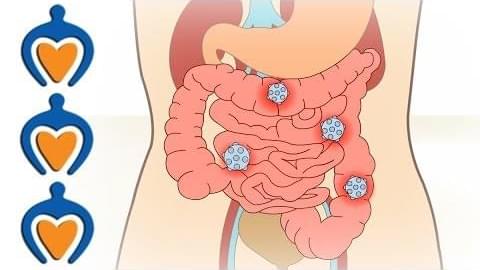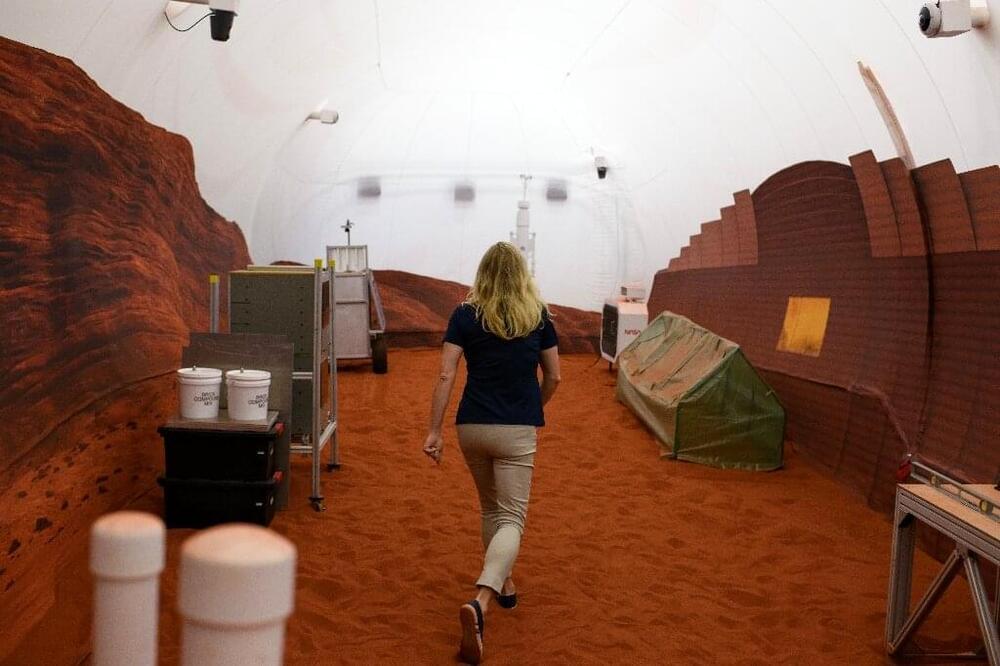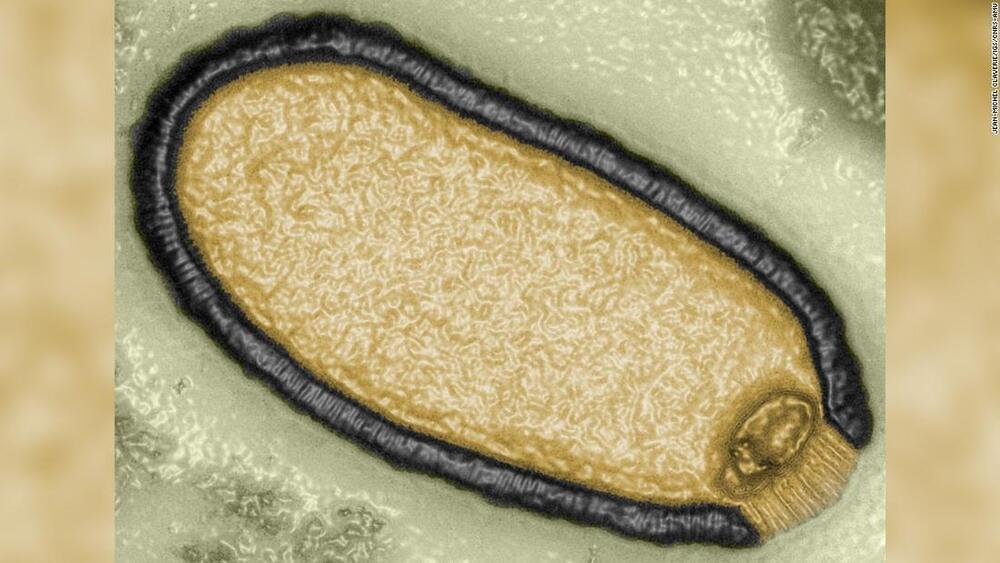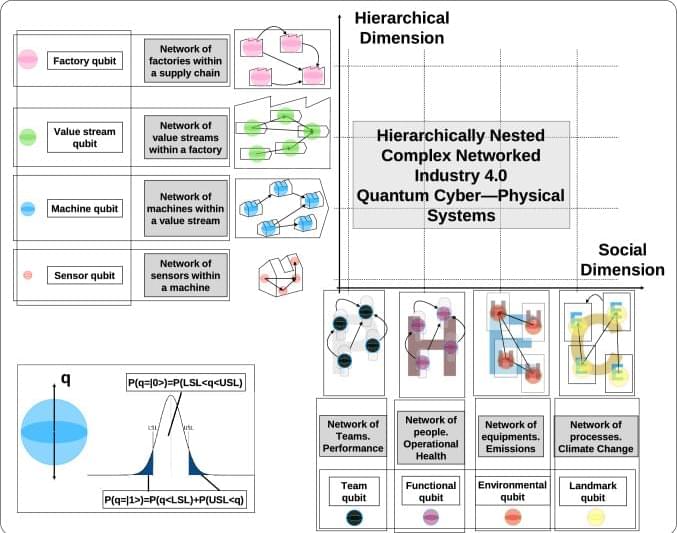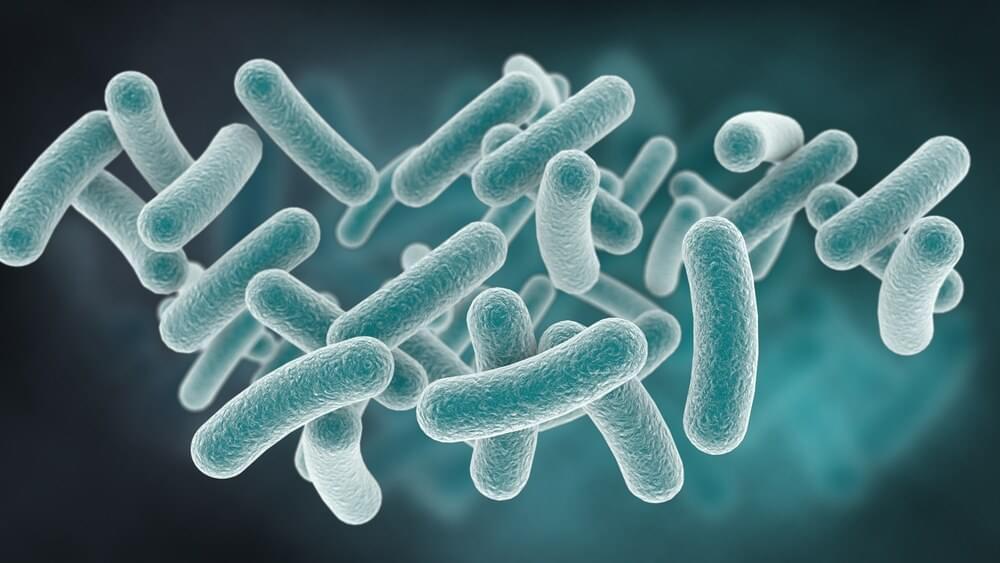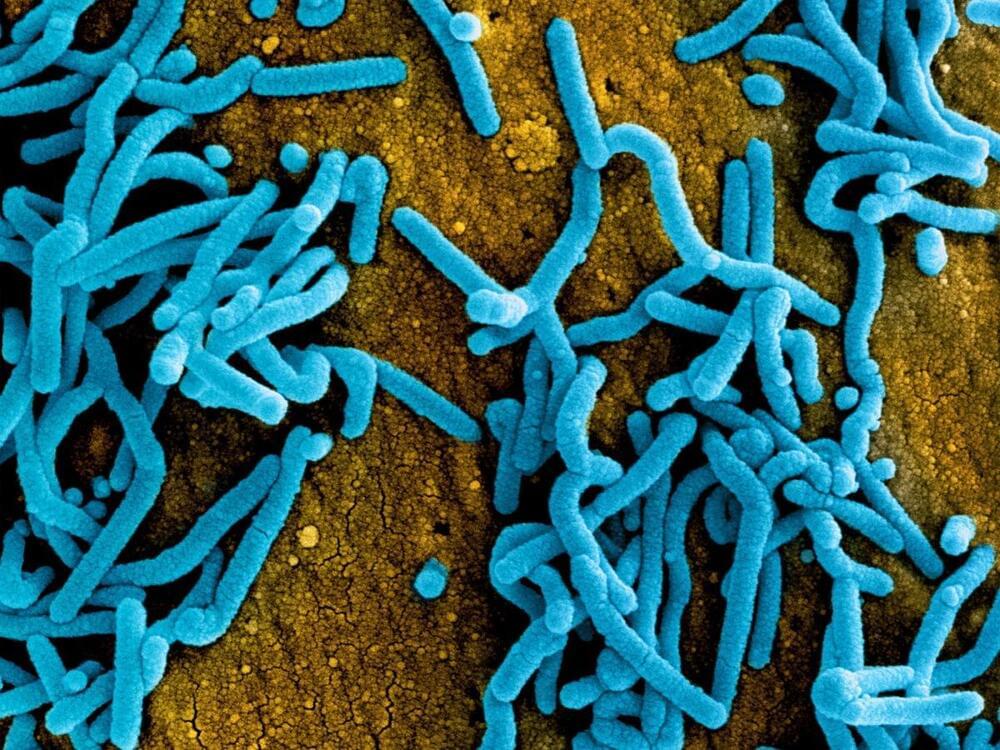Apr 17, 2023
Bacteria and viruses — What is the difference between bacteria and viruses?
Posted by Shubham Ghosh Roy in categories: biotech/medical, health
In this animation, the differences between bacteria and viruses are explained. How does a bacterium or virus enter the body? And what are typical complaints of a viral or bacterial infection? Finally, the different treatments for bacterial and viral infections are mentioned.
Health TV makes complex medical information easy to understand. With 2D and 3D animations checked by medical doctors, we give information on certain diseases: what is it, wat are the causes and how is it treated? Subscribe to our Youtube channel and learn more about your health!
Continue reading “Bacteria and viruses — What is the difference between bacteria and viruses?” »
